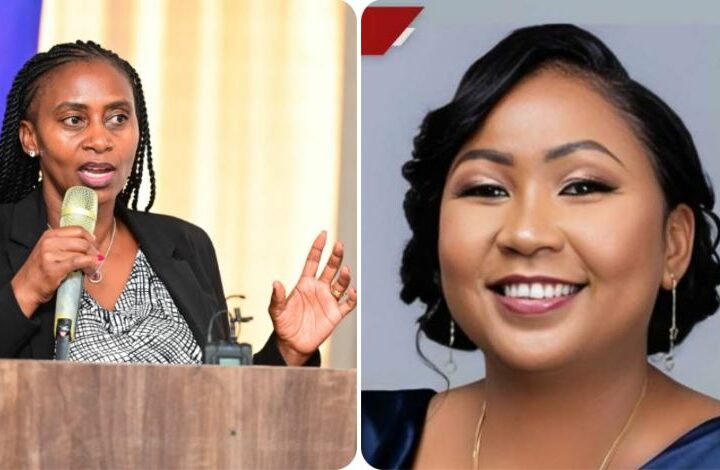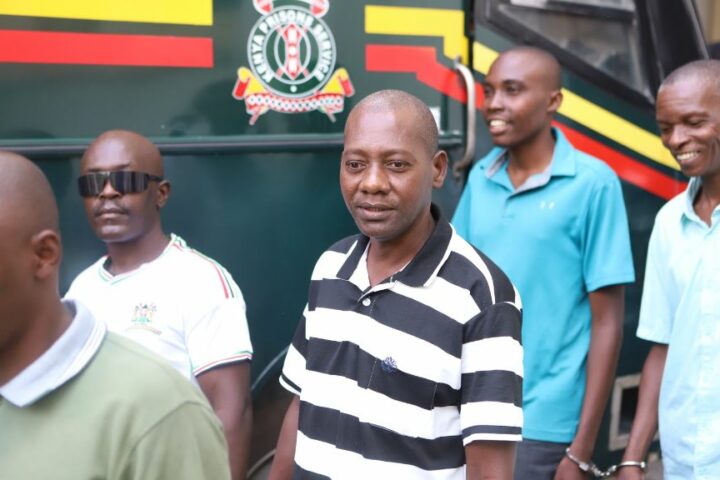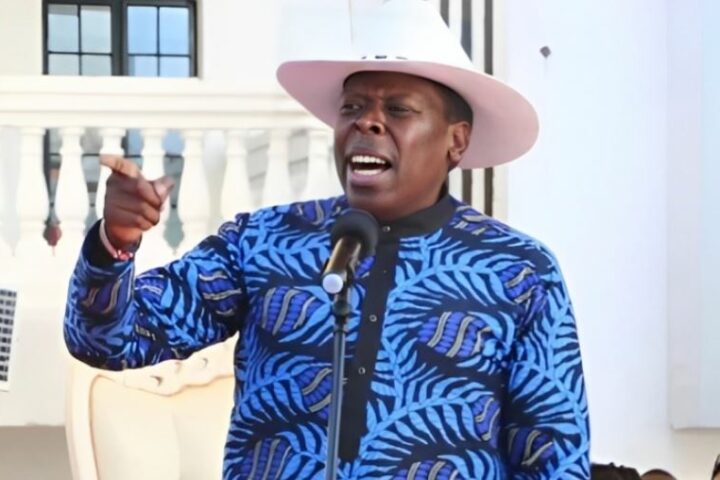
She talked to Nation about her journey and what inspired her to establish Jenga Africa, a mental illness support programme for the youth.
*******************************
“As a child, I was very troubled, and growing up with mental health issues was a struggle. I suffered from depression, suicidal attempts, and ideation for about 20 years and I accepted this as my life sentence.
Even though I was around people, I simply wasn’t there. I wanted to sleep all the time because this was my escape. I kept to myself and I locked myself in my room. I dreaded any gatherings.
Growing up, I didn’t have a close relationship with my family members, but it’s important to note that when you’re depressed, sometimes everyone can seem like an enemy to you.
I have amazing parents and two adorable sisters, but I would be lying if I said life was rosy. My parents were going through their battles as they separated when I was young.
Life at school and home proved difficult, and for some reason, I was always in trouble.
While a pupil at this boarding school, canning was a norm. We were beaten because of our grades. They gave us a ridiculous scale, and if you didn’t meet it, you were beaten severely. Some of my classmates ended up transferring to other schools.
From there, I couldn’t fit in anywhere and everything felt forced. Relationships with friends or family were a battle. I remember feeling my first emotion of deep sadness at the age of seven, and this feeling just kept piling as the years went by.
In the year 2000, at 13, I had enough and decided that I was done with life and it was time to end it. One morning, after plotting in the night, I proceeded to the school’s clinic and took a bunch of pills.
It was a Sunday and the whole school had gathered at the cafeteria for our Sunday services. I proceeded to sing worship songs with the rest of the school. I remember the song. “hakuna Mungu kama wewe” was on.
Suddenly, my vision went blurry, I panicked and ran out of the room, rather staggered, hitting students as I struggled to make my way out. Once I got to the door, two women grabbed me and took me to the dorm. I passed out. I awoke with a strong urge to throw up. It was the most bizarre situation, and that day I knew that I was not meant to die.
Even after this incident, I still felt the need to end my life. As a family, we moved to the US, but my problems followed me.
There was no difference when it comes to experiencing depression in Kenya versus the US. Depression and suicidal issues similarly affect everyone. It’s just that people have different levels of experience in regards to symptoms and the care they receive.
It was however easier to deal with my condition in the US because people really listened to me and I immediately had support. The only reason I started opening up about my struggle with suicidal issues, was because of the openness to discussing such matters at school. We were never beaten in schools and guess what! I was a straight A’s student.
In high school, a counselor frequently checked on me to make sure I was doing okay. After about eight years of silence, I finally spoke up.
After high school, I interacted with celebrities in different capacities because I had got into music. I had a stint as a hip-hop musician, releasing about five songs.
During this period, I worked in organisations like ASCAP (music publishing company in the US), the UN (in NY) and I even assisted with an MTV/ UNICEF project for ‘Shuga’ (radio version) between 2015 and 2016.
Despite working with prestigious organisations and even rubbing shoulders with different celebrities, I was still depressed and suicidal.
For me, my battle ended in 2013 when I was spiritually rescued from my situation. I didn’t think this would ever be an option for me, and this drew me closer to God. I am a Christian. I know it sounds crazy, but really, all I received was one night of prayer and that was it.
There’s something to say about spiritual growth as a tool that can be used to address mental issues. I had a turning point and switched to gospel music.
It is during this time that I had this urge to do something to help others suffering from the same. I would find myself speaking to young people and they were expressing similar issues that I had faced. It pained me to see them going through these problems, and I started offering mentorship sessions.
In 2017, Jenga Africa (jengaafrica.com) was born. The organisation addresses many developmental issues in Africa – beginning with depression and suicide.
We have mentored young people in South Africa and Kenya, and have four programmes in schools in which 2000 students have gone through our hands.
We are working towards having a mental health app, which will help provide psychosocial support and reaching young people, who would otherwise not be able to receive help.
We are also launching our school club programmes aimed at providing mentorship and peer support, a mental health curriculum, and an upcoming boot camp session.
As I have grown older, I learnt to forgive and I let go of anything and anyone that hurt me in the past. I learned that forgiveness doesn’t make them right, it sets you free.
This helped repair my family relationships and we are now best friends.
When I started Jenga Africa, my parents were supportive but a bit hesitant because it’s a sensitive topic, but now, they are my biggest cheerleaders and are very involved in the work.
Looking back, life drove me through many roads I didn’t want to travel, only to bring me to this point. I believe that everything we go through in life is linked to what we are to become in the future.
To any young person facing any challenging times, I was there. I mean my pit was so wide and deep and I didn’t think I would get over my condition. However, here I am today, and if I can overcome, you can as well.”






